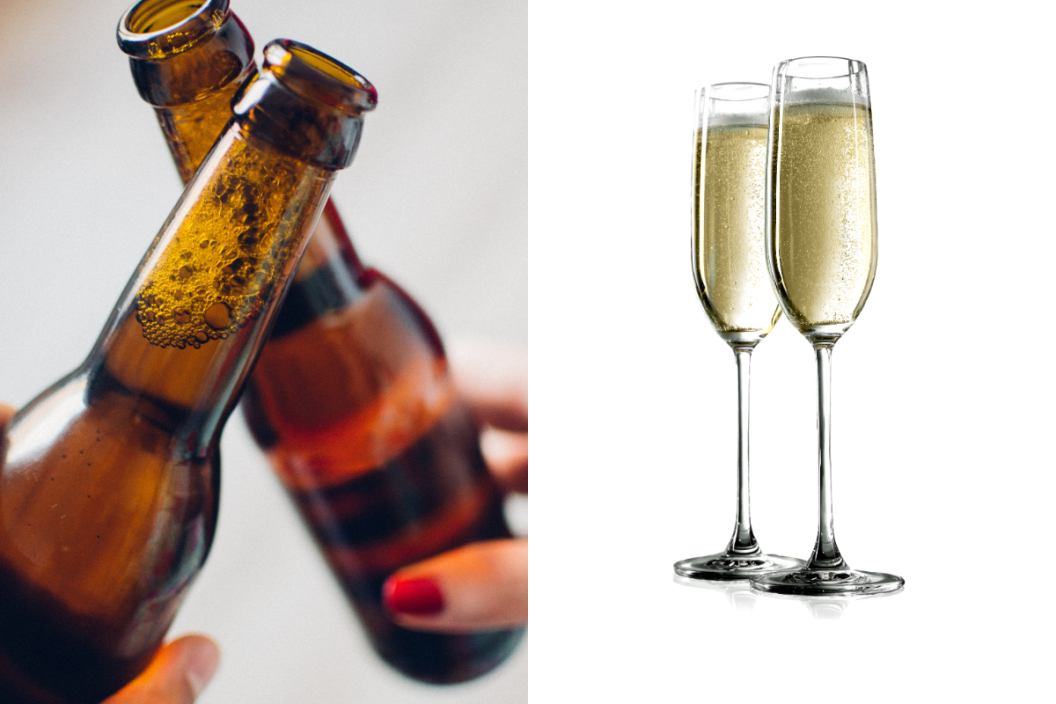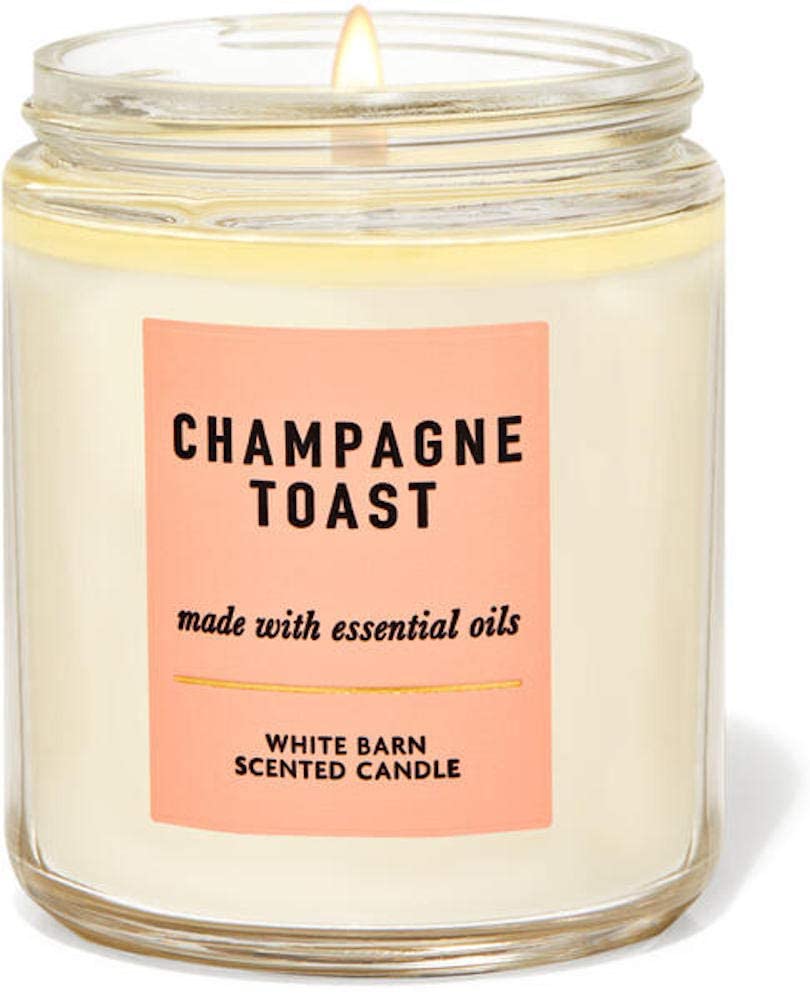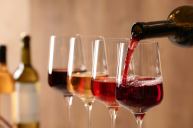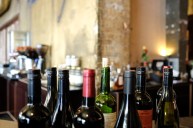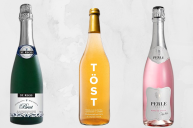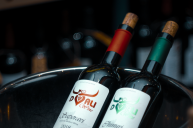Remember your cousin's wedding two years ago? The one with the ostrich feather centerpieces? And there was that guy that said that jerky thing to you at the cocktail hour? But that's about all you remember because you had quite a bit of that really good champagne. While the alcohol content of that bottle of champagne may be numerically lower than other alcoholic drinks, your blood alcohol levels can definitely rise faster if you're drinking champagne.
Videos by Wide Open Country
The average bottle of champagne alcohol content is between 11.5% and 12.5% with sweeter sparkling wines like Asti Spumante or a sparkling Moscato being much lower.
Does Champagne Get You Drunk Faster Than Beer?
The carbonation bubbles and carbon dioxide gas cause the alcohol to hit the bloodstream faster than a glass of still wine like your favorite pinot noir or chardonnay. So even though true Champagne (from the Champagne Region of France) is made from chardonnay, pinot noir, or Pinot Meunier grapes like any typical bottle of wine, it's those bubbles that help it hit the stomach faster. That bubbly liquid in your glass of wine hits the stomach faster, resulting in merriment and possibly bad decisions.
The purpose behind the shape of a champagne flute is that the bubbles stay bubbly longer. Less surface area of your sparkling wine hits the air in that tall skinny glass. But there's recently been a movement among winemakers to encourage drinking sparkling wine out of a regular white wine glass, so the flavors and aromas will have more chance to open up as you imbibe.
Drinking a four-ounce glass of champagne is similar to taking a shot of liquor or drinking one beer. Your metabolism, weight, and overall health can affect blood alcohol content and that feeling of being tipsy. You might down a fast flute of champagne, prosecco, or cava (all bubbly) on an empty stomach when you get to that wedding, but if you choose a bottle of beer, red wine, or rosé wine, you'll be more likely to hold onto it for awhile while you work the room.
Pro Tip: If you don't want to embarrass yourself, drink your champagne slowly to offset the potent bubbles. Actually, you should really drink all of your alcoholic beverages slowly to avoid feeling like you went through a fermentation process yourself in the morning.
What About the Alcohol In Beer?
While most beer has a much lower ABV (alcohol by volume) than champagne alcohol content, we also tend to drink it very slowly. Unless you're in some sort of sad grown-up frat party situation with peer pressure to "Chug it!"
While there are definitely higher-alcohol specialty beers on the shelves, it comes down to pace and carbonation in the great champagne vs. beer debate.
You really need to read all those funky cool labels to see what you're getting yourself into. There's no hard and fast rule governing the amount of alcohol in beer, and every brand can be a little bit different. Read labels and you might just avoid embarrassing yourself.
Watch: The 7 Health Benefits of Beer
